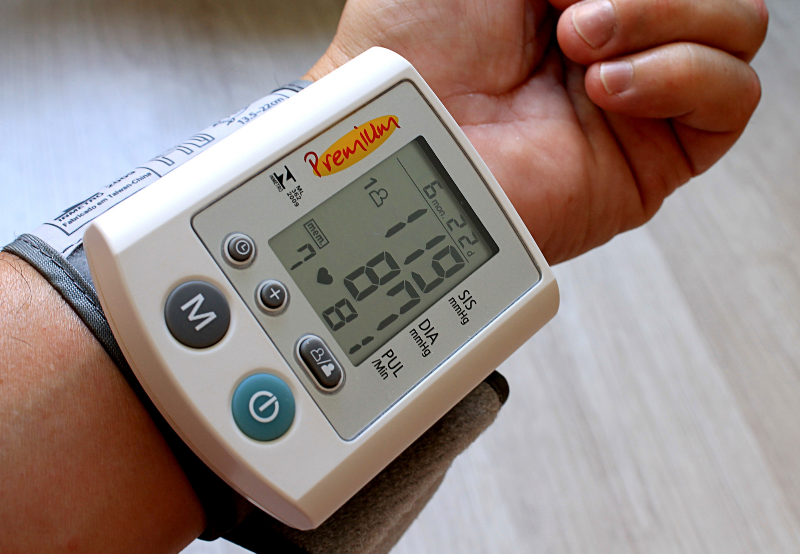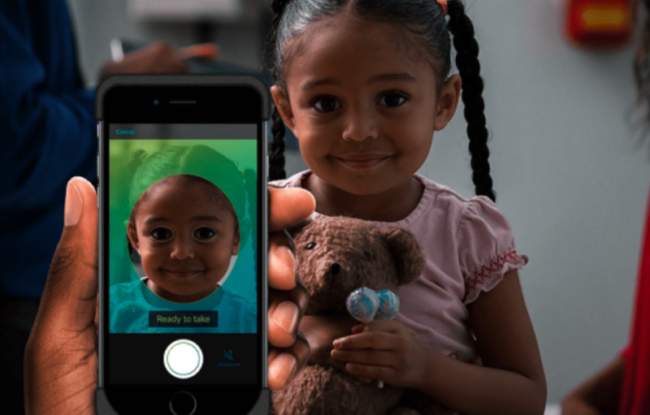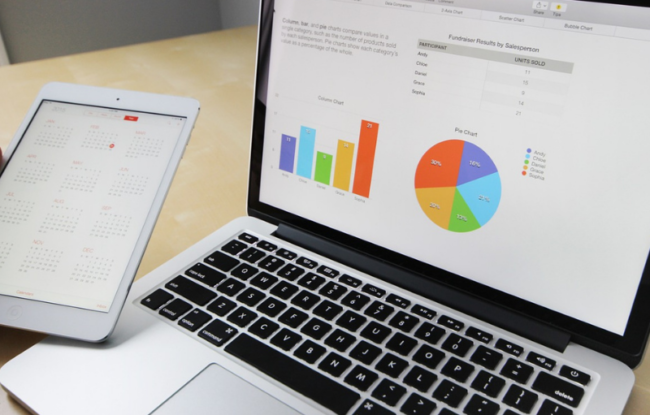Remote patient monitoring company Medopad announced that it had changed its name to Huma and acquired wearable technology and AI businesses of BioBeats and Tarilian Laser Technologies (TLT).
London-based company BioBeats provides digital mental health solutions and wellness support through its products. Its products include a mobile app – BioBase and a wearable wristwatch – BioBeam. The mobile app, paired with a wristwatch and biosensors, collects biometric data (e.g., heart rate variability) and psychometric measures (e.g., mood journaling) to provide users with a personalized wellbeing score, encouraging an increased understanding of their mental wellbeing.
TLT is a Hertfordshire-based company that develops a wearable blood pressure monitoring system. Its system utilizes light modulation to detect motion, including continuous beat-by-beat flow motion forces that determine arterial blood pressure, providing blood pressure monitoring without a cuff.
Huma, based in London, with offices in New York and Shanghai, has raised over $50 million from Bayer, NWS Holdings, and other investors. Its technology, healthcare, and life sciences partners include Apple, Tencent, J&J, Bayer, Johns Hopkins University, and the NHS.
Dan Vahdat, founder and CEO of Huma, said, “We’ve been through quite a journey since Medopad started in 2011. Medopad has specialized in remote patient monitoring for patients with rare and chronic diseases. Over time, we have realized that health is about more than disease states; it is about general physical and mental wellbeing go hand-in-hand. That is why it makes perfect sense for us to evolve what the company stands for, what we offer, and why we do what we do. That has why, from today, Medopad is now Huma. Huma reflects our commitment to working with people, for people. The name Huma says that we’re for all of humanity.”
The terms of the acquisitions were not disclosed in the company press release.
Forty-one digital health companies were acquired in Q1 2020, according to Mercom Q1 2020 Digital Health Funding & M&A Report.




